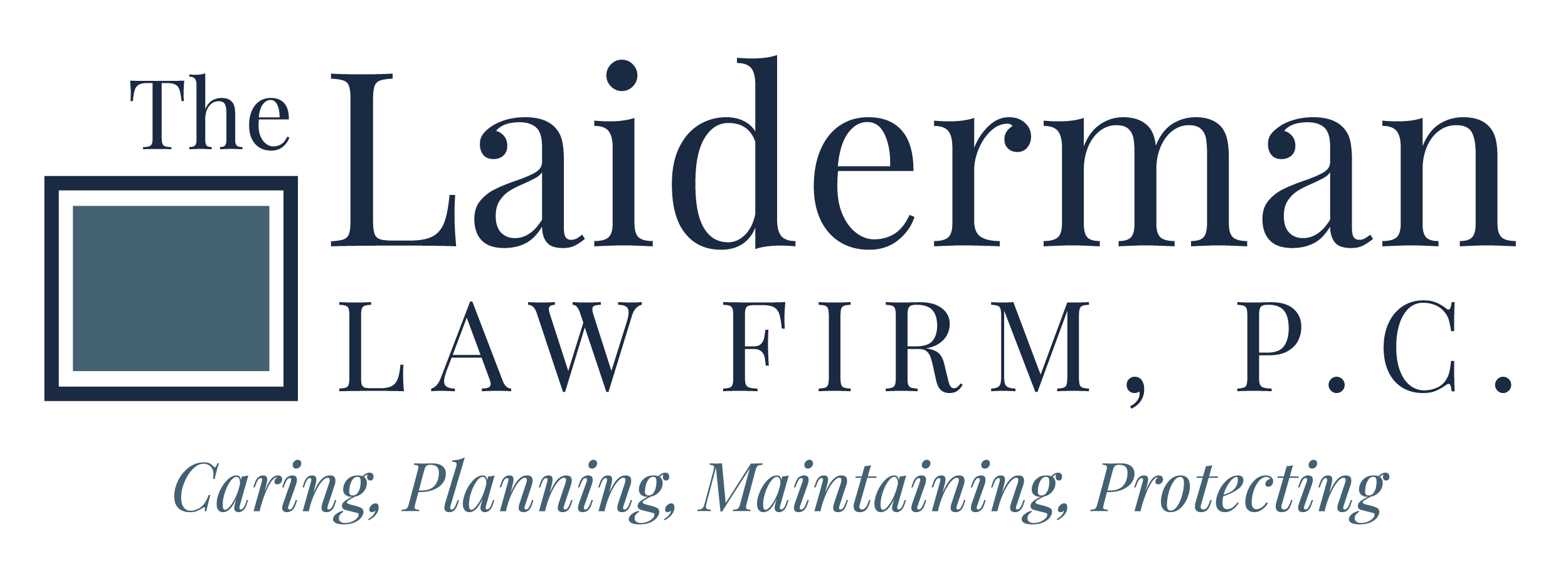Many Americans are struggling with what to do with their retirement savings, as we endure the COVID-19 pandemic. Many don’t know if they should stand pat or cash in their savings.
The new CARES Act makes it easier for us to tap our 401(k) and retirement accounts. However, there may be significant long-term effects for your financial security.
The Coronavirus Aid, Relief, and Economic Security (CARES) Act was passed by Congress signed into law by President Trump on March 27. The law provides more than $2 trillion in economic relief to protect the American people from the public health and economic impacts of COVID-19. The Act provides fast and direct economic assistance for American workers, families and small businesses, as well as preserving jobs for American industries.
CNBC’s recent article entitled “Tapping Your 401(k): Is now the right time to do it?” says that if you need emergency cash, and your 401(k) is your only source of funds in this pandemic, taking a short-term loan from your retirement account as a “last resort” may be a wise option.
While you will be repaying yourself rather than paying 11% interest on average on a personal loan, know that you’re borrowing from your financial future and possibly risking your financial security in retirement.
The CARES Act lets you to borrow up to $100,000 (double the previous loan limit of $50,000) from your 401(k) and delay repayment for up to a year. After you borrow, you’ll typically have to repay the loan within five years, depending on the terms of your 401(k) plan. Under the CARES Act, loan payments due in 2020 can be delayed for up to a year from the time you take out the loan. However, if you can’t pay back the loan within the time frame designated by your plan, your outstanding balance will be taxed like a withdrawal. That means you’ll also pay a 10% early withdrawal penalty.
If you leave your job — regardless of whether by choice — there’s a good chance your plan will require you to repay the money back quickly. If you don’t, your account balance will be decreased by the amount owed and considered a taxable distribution. This choice must factor in the length of time before you need your money, your ability to save, and your comfort level with risk.
You can also take a penalty-free distribution from your IRA or 401(k) of up to 100% of your balance or $100,000, whichever is less. You aren’t required to pay the 10% early withdrawal penalty, if you’re under age 59½ and you can pay taxes on the money you take out over a period of three years or pay no tax, if you pay it all back. However, your employer must agree to adopt these new rules for your existing 401(k) plan.
Reference: CNBC (April 20, 2020) “Tapping Your 401(k): Is now the right time to do it?”


